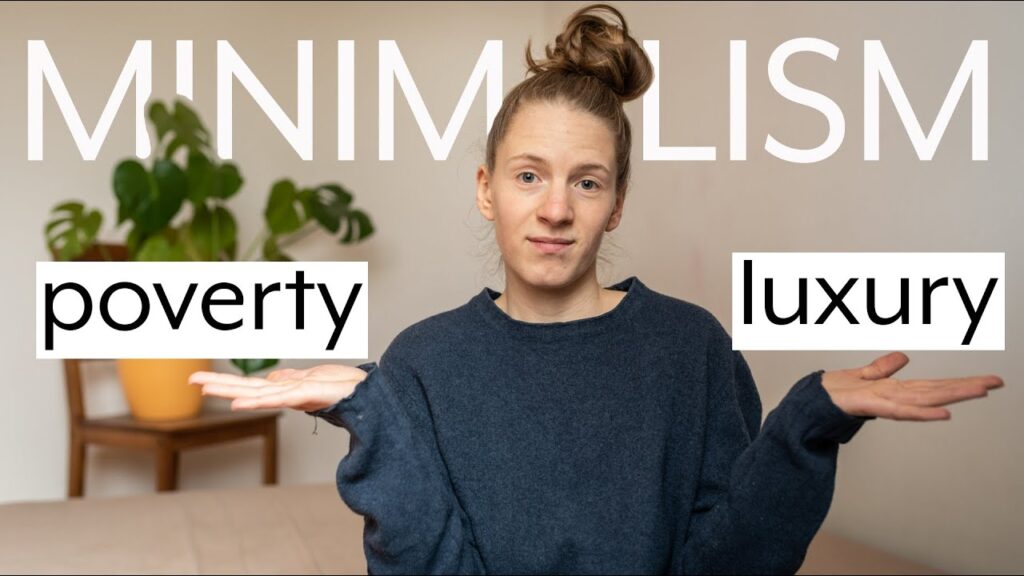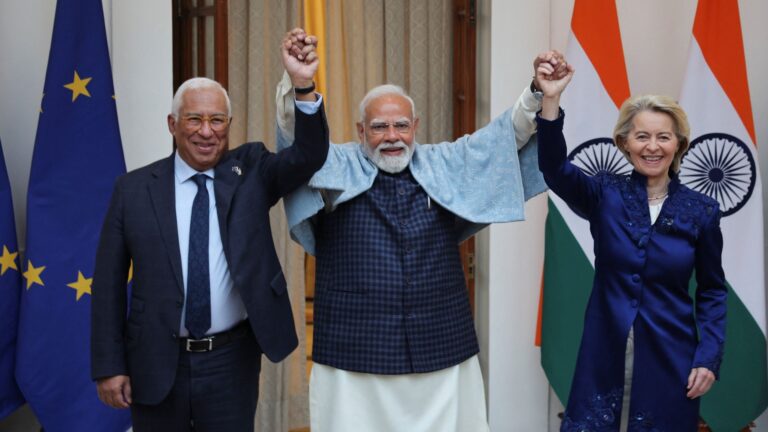
Over the past decade, Minimalism has emerged as a lifestyle buzzword across the Western world. From Scandinavian design aesthetics to Netflix documentaries like The Minimalists, people are embracing clean spaces, fewer possessions, and simplified routines. The message is clear— own less, live more.
But there’s more to this trend.
In wealthy countries, Minimalism is marketed as a conscious choice, a rebellion against consumerism. Yet, this very concept, when viewed from the perspective of developing nations, reveals an uncomfortable truth— Minimalism has become the new luxury of the West.

What is Minimalism?
Minimalism is a way of living where people choose to own fewer things and focus only on what they truly need. It is about keeping life simple, avoiding clutter, and not buying too much. Many people say minimalism helps them feel peaceful, live mindfully, and reduce stress. It is also linked to saving the environment by cutting down on waste and overconsumption.
While this lifestyle is growing popular in the West, it is important to ask what happens when “living with less” is not a choice, but a reality for millions around the world?
When ‘Minimalism’ Is a Choice, Not a Compulsion
For someone living in New York, London, or Berlin, staying in a small house, owning just 10 clothes, or growing food at home is seen as thoughtful or even stylish. People praise them for living a simple life. But for millions in Asia, Africa, and Latin America, this way of living is not a choice. It is the only way they can survive.
There is a big difference between choosing to live simply and being forced to. A tribal woman in Odisha or a poor family in Nairobi lives with less not because it looks nice, but because they do not have enough money or resources. They do not “declutter” their homes by choice, their homes are already small and basic because they cannot afford more.
Romanticizing Poverty in the Name of Lifestyle
Western views of minimalism often ignore how much it resembles poverty in less wealthy countries. Having fewer things, using old or second-hand items, or fixing and reusing what you already have is not a new idea. In many cultures, people have done this for years because they had no other choice, not because it was a trend.
But today, these same habits are being sold as an eco-friendly way of living, and often at a high price. For example, “minimalist” furniture or clothes in the West are sold as expensive items, even though they look like the simple things found in local markets of rural areas. This shows a strange truth, where living simply becomes costly, and poverty is turned into a fashion.

Cultural Erasure and Commercialization
Minimalism did not start in the West. In fact, many Eastern beliefs like Zen Buddhism, Jainism, and the teachings of Gandhi have always taught the importance of living simply and not being attached to money or things. But now, the West has taken these ideas and turned them into a product to sell, often without giving credit to where the ideas came from.
This also changes the way the world sees minimalism. When someone in the West lives simply, people say they are wise or thoughtful. But when someone in Africa or South Asia lives the same way, they are seen as poor or backward. This unfair view shows the deeper inequality that still exists in the world.
Minimalism Can Be Good, But Intentions Matter
To be fair, minimalism can also bring some good changes. It makes people think about buying less, helps protect the environment, and teaches us to live with more care. These are important goals, especially when the world is facing big climate problems.
But what truly matters is the reason behind it. Minimalism loses its meaning when it forgets about people who live with less because they have no choice. The West should stop showing simple living as something special only when rich people choose to do it.
A New Way to Think
Minimalism should not be about aesthetic Instagram posts or curated YouTube vlogs. It should be about awareness, empathy, and global responsibility. True minimalism lies in understanding that a simple life should not be glorified only when it is chosen, but also respected when it is lived out of compulsion.
Until then, we must keep asking, Is minimalism the West’s new luxury, or just another form of blind privilege wrapped in pretty packaging?
For more such informative articles, stay tuned at The World Times.



